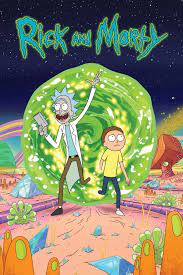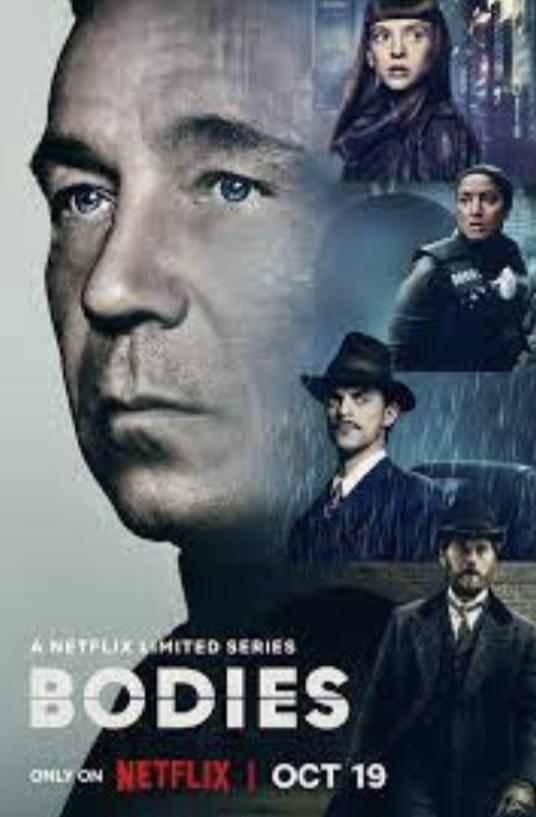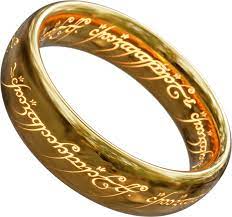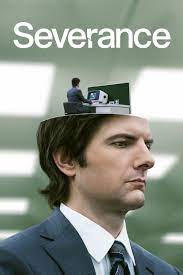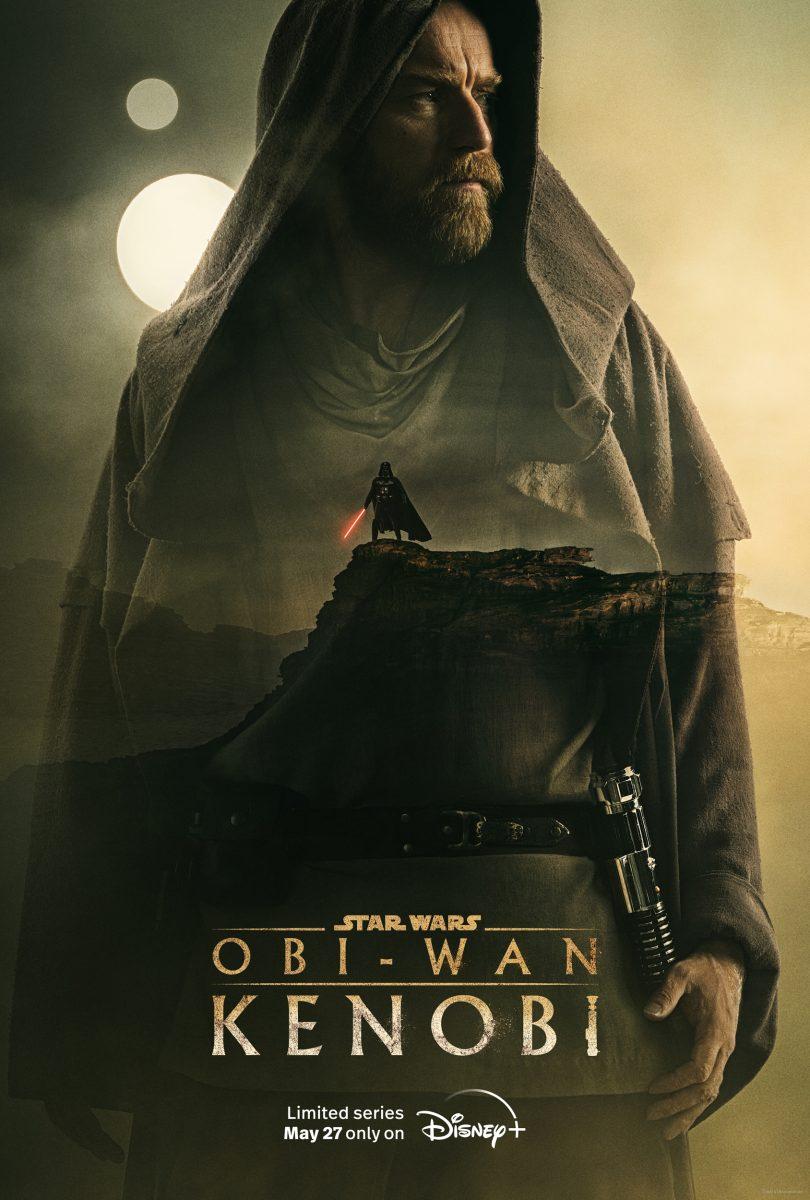Adult Swim’s hit adult-animated series Rick and Morty recently began airing its sixth season, and the show’s blend of chaotic humor and heartfelt moments have boosted it to be the best since Season Three. The show, which began as a parody of Back to the Future, features Justin Roiland as the mad scientist Rick Sanchez, who moves in with his family after many years of galactic adventures. He teams up with his grandson Morty (also Roiland), and throughout the show’s illustrious run they’ve gone on some of the most exciting, crude, and absurd adventures on TV. The show also features Sarah Chalke as Rick’s daughter Beth, Chris Parnell as her hapless husband Jerry, and Spencer Grammer as their teenage daughter Summer.
In its early seasons, Rick and Morty became a massive hit, prompting a revolution in adult animation. The crude jokes and frequent homages and parodies enhance the show, just as they did for co-creator Dan Harmon’s earlier show Community. As the series progressed, its storytelling evolved and began to include ongoing plotlines. Along with this serialization, the show also got more emotional, as we grew more and more attached to the characters of the show. The ability to look past the comedy and show more vulnerable sides of characters has become one of Rick and Morty’s greatest strengths. Since hitting some incredible highs throughout Season Three, Seasons Four and Five declined in quality as the jokes lost their edge and cleverness. However, the start of Season Six has been incredibly promising, and it seems as if Rick and Morty has hit its stride once again.
The season premiere, “Solaricks,” mainly serves the purpose of wrapping up the cliffhangers of the Season Five finale. The episode’s story parodies Avengers: Endgame, and unlike some other parody episodes, the jokes aren’t overwhelming, yet we still get to see several plotlines develop. The Season Five finale revealed that Rick’s wife was killed by a variant of himself called Evil Rick, and he’s been searching for revenge ever since. “Solaricks” further develops this subplot by showing us a glimpse of Evil Rick, proving that he’s still out there. The show’s villains have never been too emotionally driven, mainly just being one-off characters determined to destroy the world. When Evil Rick shows up in this episode we feel the same hatred toward him that Rick does at the massive reveal.
The second episode, “Rick: A Mort Well Lived,” is undoubtedly one of the show’s best bottle episodes. Although it doesn’t serve a purpose in the grand scheme of the story, it’s silly, enjoyable, and at times surprisingly tender. In the episode, Rick and Morty get trapped in a video game by a group of terrorists, and it’s up to Summer to “do a Die Hard” and save them. You read that right. Like many episodes, it is extremely absurd and stupid, but the writers handle it with surprising deftness. Morty’s consciousness is scattered throughout all of the game’s non-player characters, and watching Rick explain to them that they’re not actually sentient individuals is hilariously heartbreaking. Summer’s storyline is fun and features some good action scenes and gags. Not the show at its most brilliant, but undoubtedly a good time.
Episode three, “Bethic Twinstinct,” is the best episode so far. It follows a typically offbeat plotline as Beth and her clone Space Beth fall in love with each other and attempt to hide it from their family. On the surface, it’s a bizarre concept, but the episode does an excellent job of characterizing Beth and her loneliness. Beth has been put-upon and disrespected since the very beginning, and watching her strive for some respect and companionship in this desperate way is truly heartbreaking. That said, the episode is also packed with jokes, the best of which being an ultra-realistic video game system (their version of Space Invaders is just a ship floating through the emptiness of space, its pilot slowly starving because space is a vast and desolate hellscape: classic Rick and Morty).
The first three episodes of the latest season of Rick and Morty are refreshingly Rick and Morty, in the best way possible. For six seasons, Harmon and Roiland’s show has been simultaneously the stupidest and cleverest show on television, effectively capturing the zeitgeist of its time. Although Rick and Morty falters from time to time, it remains one of the best animated series on TV, and the opening trio of episodes have been an excellent return to form for this iconic series.





























